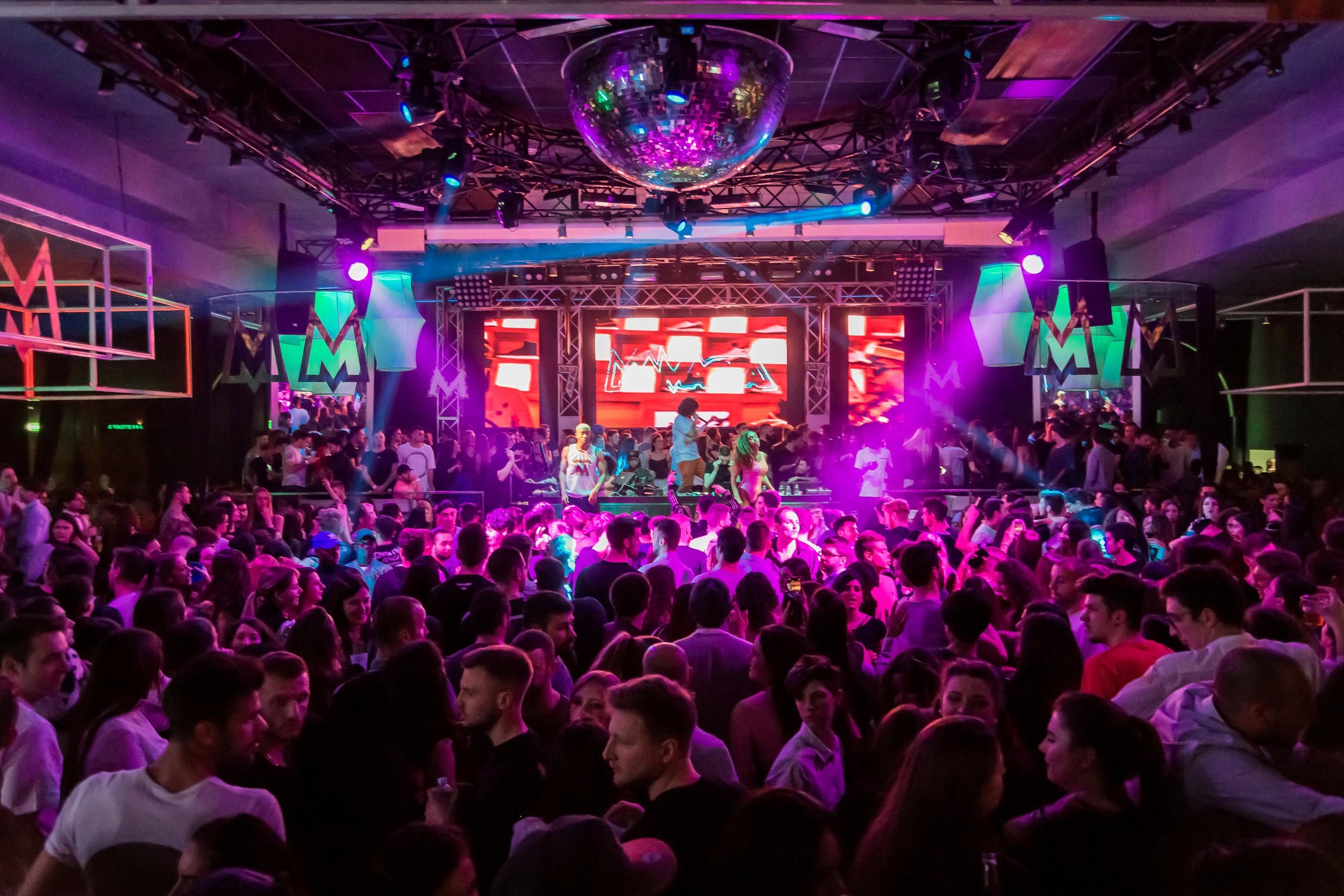
Students Explore Disco’s Cultural Impacts in Jan Term Class
Students transport to the ’70s and the culture of disco in the new Jan Term course, Disco Inferno: How Gay Men, African Americans, and Women Shaped a Cultural Revolution. Often associated with polyester and platform shoes, disco gets a bad reputation, but the class challenges these notions through critical lenses and emerging research on the disco years.
While disco raises controversy among music fans, this class aims to challenge the stereotype that disco is apolitical. Professor Joanne Furio explains, “A lot of [students] came into this class knowing the clichés about disco: that it was vapid and materialistic and not up to par musically. But I think this class, when you dig deeper into the subject, turns those notions upside down.”
What makes this class so unique is its multimedia format, says Furio, who has taught previous Jan Term courses on journalism and creative writing. Students take full advantage of the online learning platform by reading about disco music, listening to music, watching videos of disco performances, and observing fashion trends as well as dance moves. Students fully immerse themselves in the culture of disco, from watching Soul Train and Saturday Night Fever, to interviewing a DJ from New York City’s most famous disco clubs in the 1970s.
In addition to exploring disco’s musical aspect, students also analyze the social and political contexts that led up to the disco years. The class takes a critical approach to history, examining how 1960s civil rights and feminist movements empowered gay men, women, and African Americans to pioneer the disco culture. “Disco from afar seems like a movement that came in really hot and left really quickly in American culture,” says Justice, Community & Leadership, Ethnic Studies, and Women’s and Gender Studies student Lauren Smith. “What I’ve come to learn through this class is that it was a celebration and an allowance of people to explore dance and music in their own personal way and with their own community.”
While listening to disco music certainly makes the class fun, Disco Inferno accomplishes so much more than that. Furio hopes that by exploring disco culture during Jan Term, students can appreciate how the 1970s influenced today’s culture. Students understand how marginalized communities made progress through disco, and how the disco years brought forward race, class, and gender issues.
In a current political climate as divisive as the 1970s, Furio thinks investigating the disco years holds relevance to students’ lives and has the potential to bring people together. “I think we still have some unfinished business from the ’70s in terms of race and gender. We’re still trying to solve those problems that we never really solved, and this new scholarship on disco is a chance to reexamine what happened.”